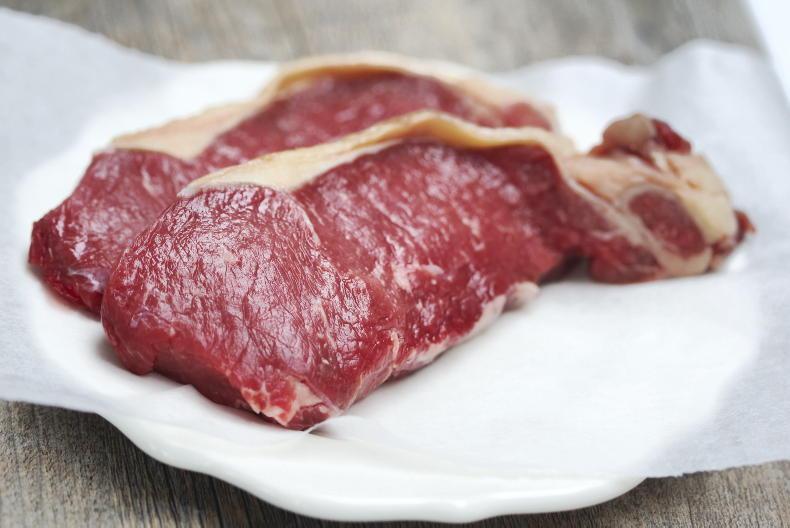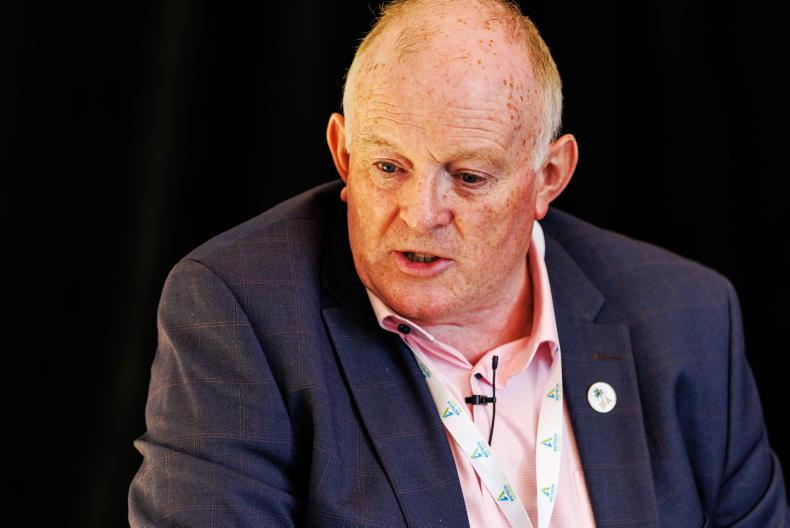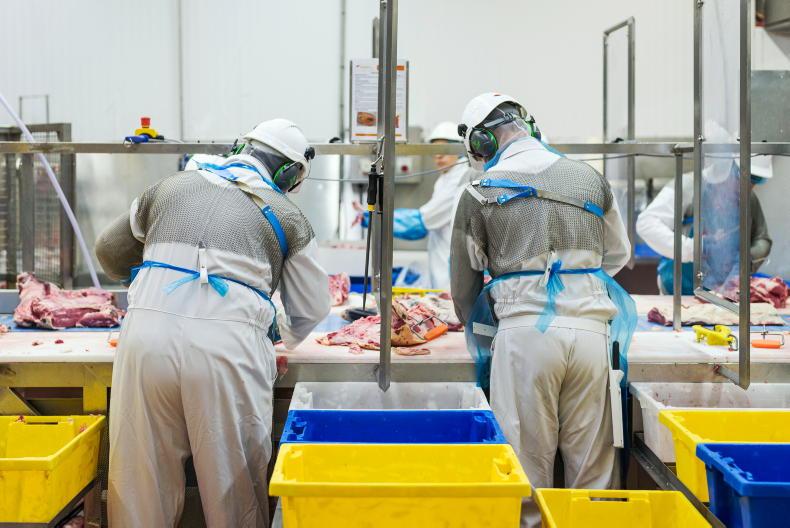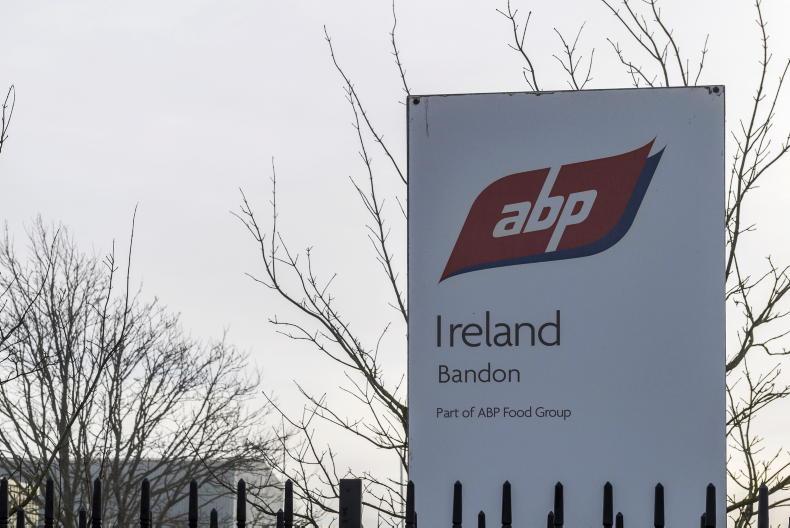There needs to be clear and strong articulation on what the agriculture industry has done to lower its carbon footprint and what it will do in the future, John Moloney, former Glanbia CEO and current chair designate of ABP Food Group has said.
Moloney was interviewed at an Agricultural Science Association (ASA) webinar on leadership on Tuesday by Bank of Ireland head of agriculture Eoin Lowry.
When asked if he was worried about the future carbon footprint impact of Irish agriculture, he said the industry needs to put it into context.
“What is not said is the reason agriculture has a [higher footprint] is because we didn’t have an industrial revolution here.
“We’ve had the tech and pharma revolution, driven by foreign direct investment, but by definition, agriculture has a high footprint here because of that, compared to other countries where they’ve had coal-burning sectors and so on.
“But the reality is, we have a sustainable model. We just need to demonstrate that by getting a common set of measures agreed, clearing up the debate around methane, using technology across the food supply chain.
“Whether its new feed additives that will emerge, and are emerging, to address methane issues and improve feed efficiency, the way soil to sward management approaches clover, nitrogen, all of that, all the way up to the plants and out on to a shelf,” he said.
Moloney added that the industry needs to be as united as possible, rather than one brand saying “you need to do that”.
Leadership
On leadership and Brexit, Moloney said leadership in the world of politics as we know from the US and elsewhere has become very complex and “somewhat driven by dark arts”.
"You can have all the plans in the world, but a great plan will die on the altar of implementation" - John Moloney, former Glanbia CEO, tells @ASAireland and @EoinLowry webinar this morning. pic.twitter.com/xhRrvwuIBZ
— Amy Forde (@amyforde6) December 8, 2020
“I think that’s a concern and something we should all be concerned about,” he said.
When asked by Lowry what he thought the legacy of COVID-19 will be, Moloney said: “I think for businesses, the pace of digitisation will have to ramp up significantly. If you’re not doing it you must be doing it. More direct, more interwoven relationships with custoimers, consumers that are digitally-based, direct to consumer models.
“I think it has demonstrated the resiliency of businesses, how you build a resilient business,” he said, adding that great debates were had over the years about the ‘just in time’ model, but now maybe people are investing in ‘just in case’.
When it comes to planning, Moloney said you can have all the plans in the world, but “a great plan will die on the altar of implementation”.
Feet on the ground
The chair designate of ABP Food Group said that leaders or managers should never lose the ability to pick up the phone and ask people to give you straight feedback.
“You can’t walk the ground enough. You can’t assess culture from a head office,” he said.
On communicating a new plan or model in a business, he said it is crucial that managers are 100% convinced that this is the right thing to do.
“If you don’t have the belief, then how are you going to convince everybody else?”









SHARING OPTIONS